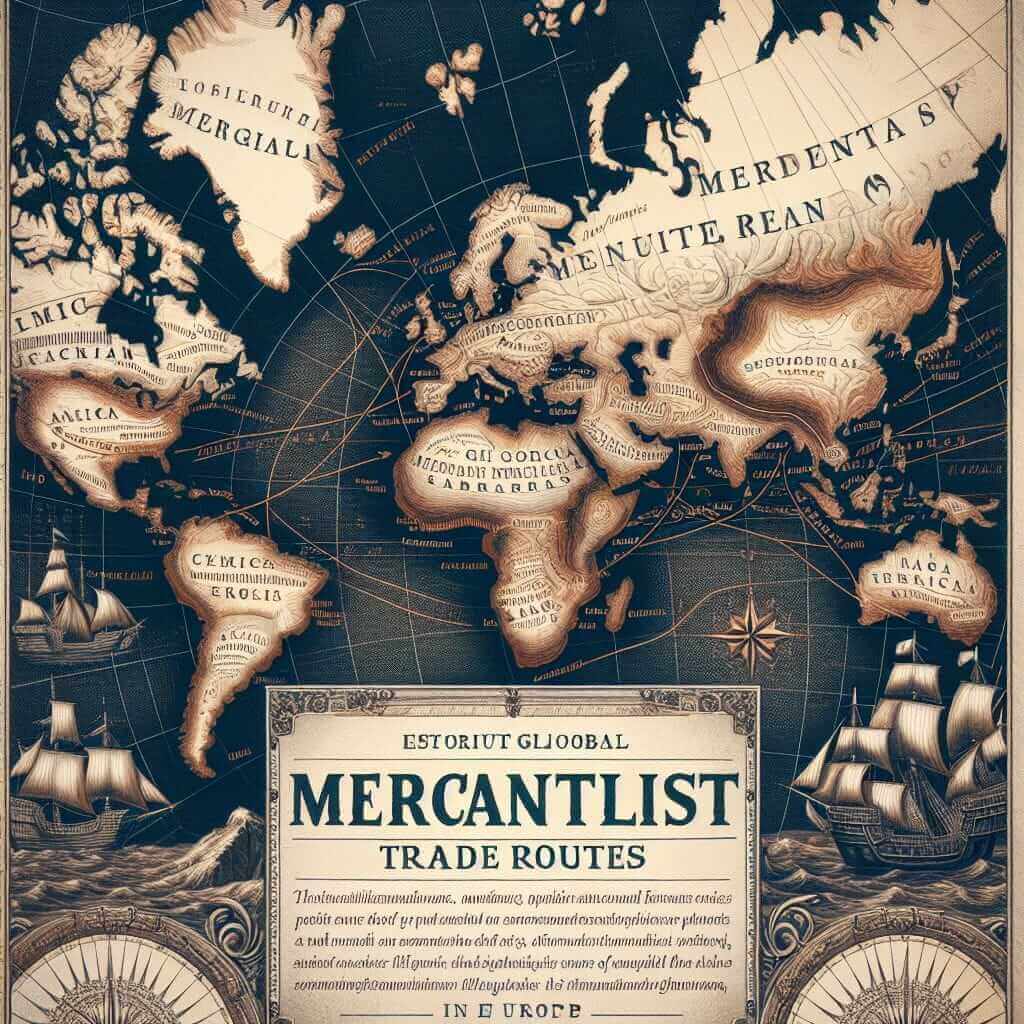The IELTS Reading section demands strong comprehension skills and the ability to interpret complex texts accurately. One recurrent theme in the IELTS exam is the historical significance of global economic systems, which frequently appears due to its relevance and historical importance. Understanding this topic not only helps in predicting potential questions but also aids in improving your overall comprehension skills.
Main Content
1. Practice Reading Passage: Historical Significance of Global Economic Systems
Difficulty Level: Medium Text
The history of global economic systems spans centuries and reflects the evolution of societies and their interactions. From ancient barter systems to modern-day digital economies, the dynamics of economic systems have played a crucial role in shaping historical events. This passage explores the significance of these systems, focusing on different eras and their pivotal contributions to global development.
By studying ancient trade empires, such as the Roman and Ottoman Empires, it becomes evident that trade routes like the Silk Road not only facilitated commerce but also cultural and technological exchanges. The mercantilist policies of the 16th and 17th centuries exemplify how European powers like Britain, Spain, and Portugal used their colonial empires to amass wealth and expand their influence.

The industrial revolution marked a transformative period where capitalistic economic systems took hold, revolutionizing production processes and leading to unprecedented economic growth. Nevertheless, this period also highlighted the drawbacks of unregulated markets, exemplified by the Great Depression of the 1930s, which prompted the advent of more regulated economic systems.
In recent history, the global economic landscape has been profoundly affected by the rise of digital economies and globalization. These new economic paradigms have removed barriers to trade and investment, fostering interconnectedness and interdependence among nations. Meanwhile, economic crises like the 2008 financial meltdown have underscored the vulnerabilities and complexities within modern economic systems.
Understanding the historical significance of these global economic shifts is essential for grasping current economic policies and predicting future trends. This comprehensive view helps us appreciate the intricate balance between economic innovation and regulation, highlighting the ever-evolving nature of global economic systems.
2. Questions
A. Multiple Choice
-
What was a significant impact of trade routes like the Silk Road?
- A. They solely facilitated the exchange of goods.
- B. They were responsible for the spread of diseases.
- C. They enabled cultural and technological exchanges.
- D. They were the main reason for the fall of empires.
-
Which period exemplified the rise of capitalistic economic systems?
- A. The ancient barter systems.
- B. The mercantilist policies era.
- C. The industrial revolution.
- D. The digital economy.
B. True/False/Not Given
-
The mercantilist policies were primarily a feature of 18th-century European powers.
-
The industrial revolution led to regulated markets from its inception.
-
The 2008 financial crisis demonstrated the resilience of modern economic systems.
3. Answer Keys
A. Multiple Choice
-
C. They enabled cultural and technological exchanges.
- Explanation: The text states that trade routes like the Silk Road facilitated not only commerce but also cultural and technological exchanges.
-
C. The industrial revolution.
- Explanation: The passage mentions that the industrial revolution marked the rise of capitalistic economic systems.
B. True/False/Not Given
-
False.
- Explanation: The text indicates that mercantilist policies were prominent in the 16th and 17th centuries, not the 18th century.
-
False.
- Explanation: The industrial revolution initially led to unregulated markets, which later necessitated more regulated economic systems.
-
Not Given.
- Explanation: The passage discusses the vulnerabilities and complexities highlighted by the 2008 financial crisis but doesn’t explicitly mention the resilience of modern economic systems.
4. Common Mistakes
- Misinterpreting Dates and Periods: Ensure you pay close attention to the specific historical periods mentioned in the text.
- Differentiating Causes and Effects: Correctly identifying the cause-and-effect relationships in historical contexts is crucial.
- Neglecting Context Clues: Use context clues within the passage to infer information accurately, especially for True/False/Not Given questions.
5. Vocabulary
- Barter (n): /ˈbɑːrtər/ – The system of exchanging goods or services without using money.
- Mercantilist (adj): /ˈmɜːrkəntɪlɪst/ – Related to an economic theory that advocates for accumulating wealth through trade.
- Interdependence (n): /ˌɪntərɪˈpɛndəns/ – The mutual reliance between two or more groups.
6. Grammar
- Relative Clauses: These help provide additional information without starting a new sentence.
- Example: “Trade routes like the Silk Road, which facilitated commerce and cultural exchanges, played a crucial role.”
- Passive Voice: Often used in academic writing to maintain an objective tone.
- Example: “The global economic landscape has been profoundly affected by the rise of digital economies.”
Advice for High IELTS Reading Scores
- Practice Regularly: Regular practice with different types of reading passages increases familiarity and improves speed.
- Enhance Vocabulary: A broad vocabulary aids comprehension and helps accurately answer questions.
- Analyze Mistakes: Review incorrect answers to understand where you went wrong and how to avoid similar mistakes.
- Simulate Test Conditions: Practicing under timed conditions prepares you for the actual test environment and pressure.